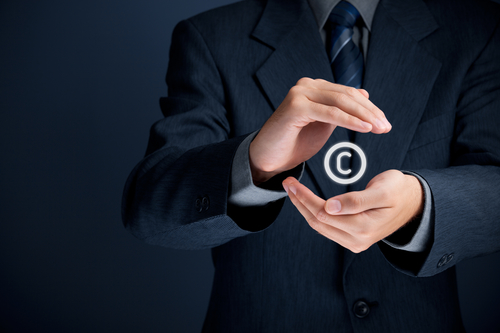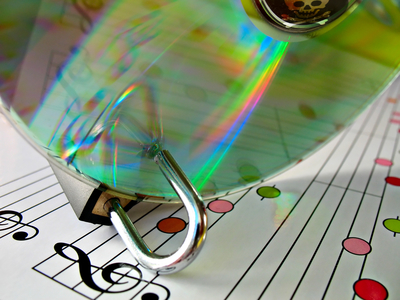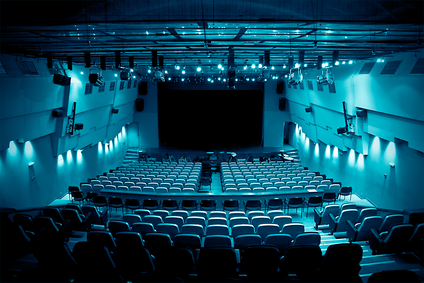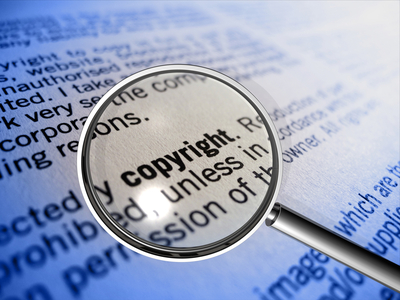Copyright Class Actions Part 2
 {5:06 minutes to read} As discussed in my prior post, litigating a low-value copyright infringement claim is often simply not worth the time and expense required. However, such a claim can sometimes be made cost-effective by aggregating it with similar claims in a class action. A single copyright holder with a small claim can serve as a representative of a “class” of similarly affected rightsholders.
{5:06 minutes to read} As discussed in my prior post, litigating a low-value copyright infringement claim is often simply not worth the time and expense required. However, such a claim can sometimes be made cost-effective by aggregating it with similar claims in a class action. A single copyright holder with a small claim can serve as a representative of a “class” of similarly affected rightsholders.
The “class” in this example would be a large group of copyright holders, each of whom owns a work which has been infringed in the same way by the defendant(s). However, it is not enough for a copyright holder to determine that a class of similarly-situated defendants exists. The court must investigate and certify that a class is the most efficient way to obtain justice, and whether the copyright holder initiating the suit is a suitable person to represent the class. In this post, I will discuss how a court determines whether a class is an appropriate vehicle for obtaining justice. Read more




